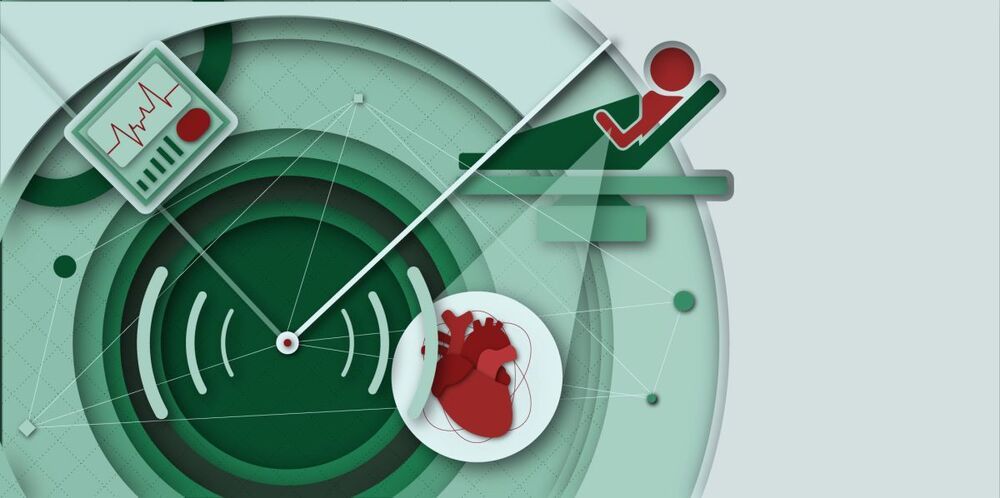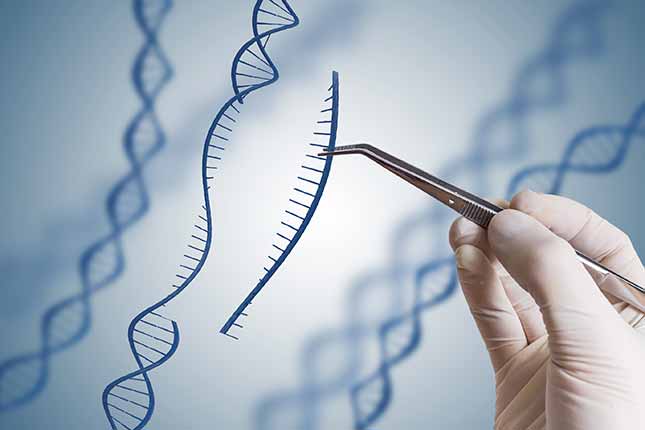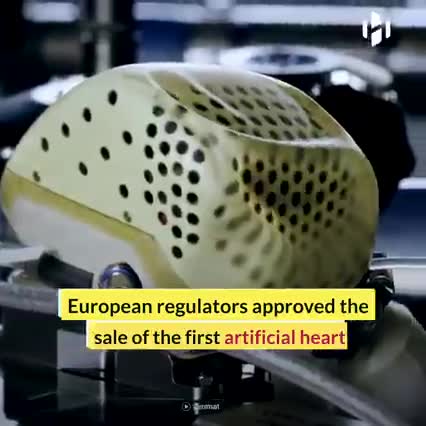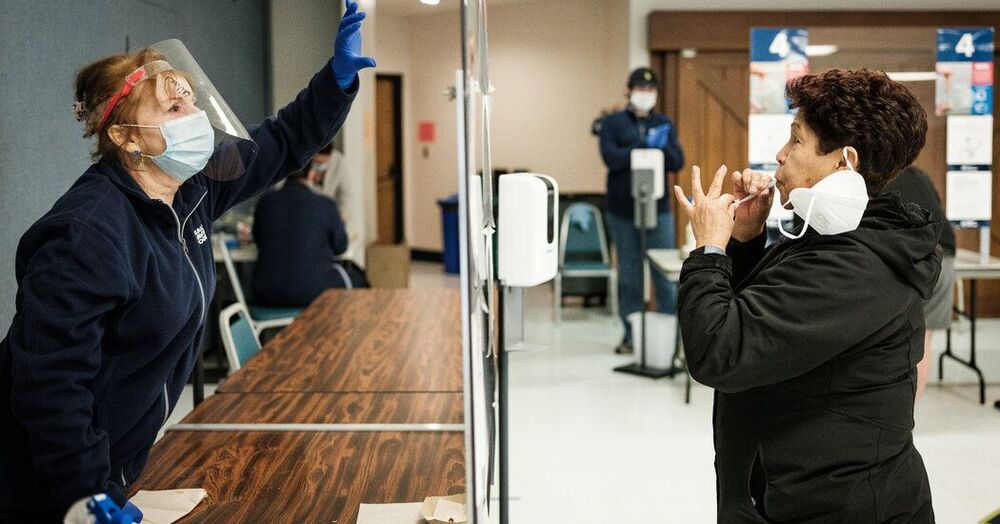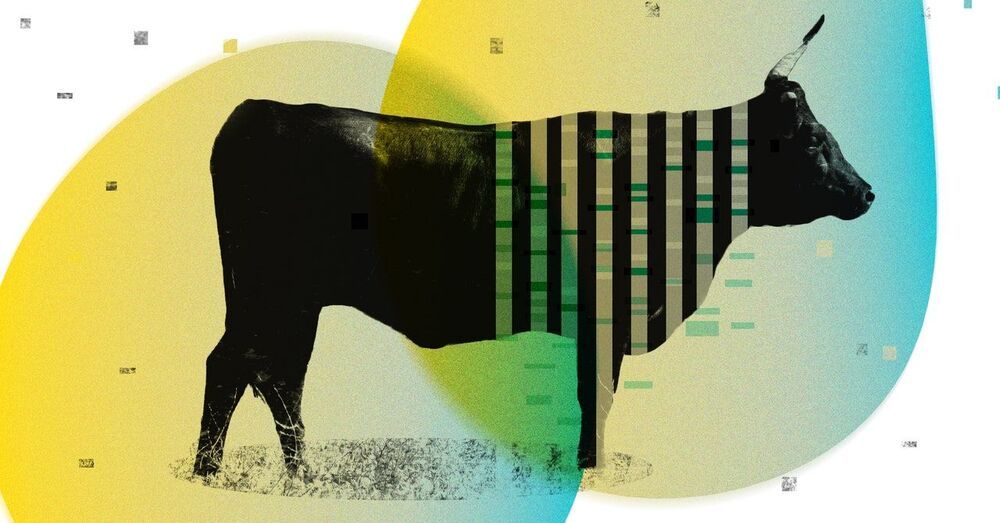Formic ventures — taking on huge challenges — from virtual reality technologist to longevity biotechnology investor.
Michael Antonov is the Founder and CEO of The Michael Antonov Foundation (https://antonovfoundation.org/), a charitable organization that supports biotechnology research and various causes that improve well being of people around the world, as well as Formic Ventures (https://formic.vc/index.html), an early stage high tech and biotech investment firm focused on prolonging human healthspan and empowering human creativity.
Michael is a serial entrepreneur and philanthropist passionate about taking on huge challenges that can make a difference in human lives, such as solving the problem of aging.
Prior to launching the foundation, Michael was a technology executive, most recently as the co-founder and Chief Software Architect at Oculus, acquired by Facebook, where he helped revive the virtual reality industry. Prior to that, Michael was the co-founder and CTO of Scaleform, a user interface software company, whose product is embedded into hundreds of computer, console, and mobile games around the world.
Michael is a graduate of the University of Maryland in the field of computer science and is a member of their alumni hall of fame.
